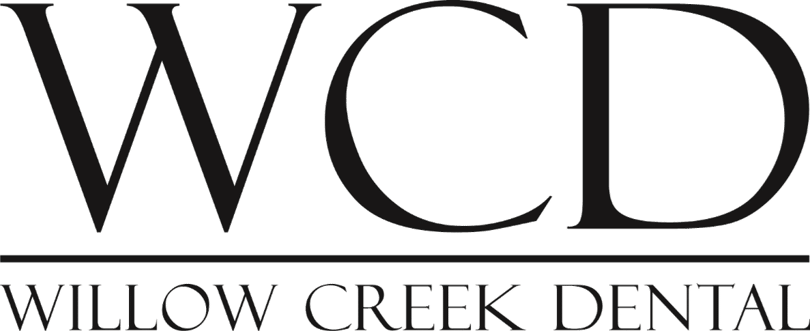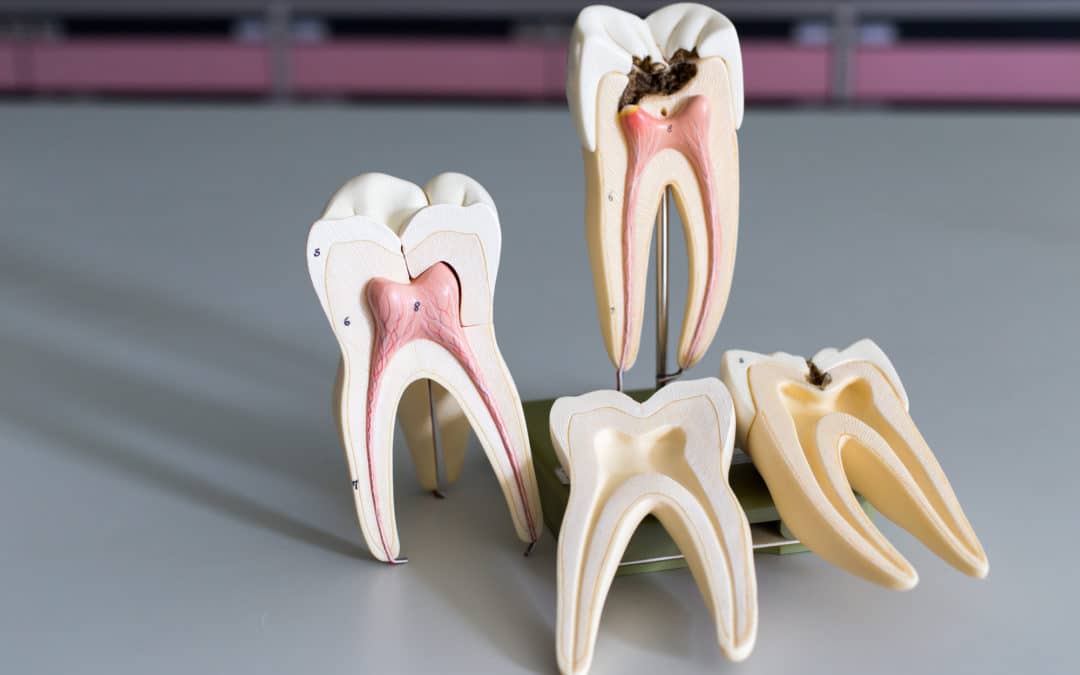Have you just moved to a new neighborhood or town? Or, perhaps, you are unhappy with your current dental care and have registered with a different practice? Whatever your circumstances, you might have lots of questions about your first visit to your new family dentist.
Even if you go to the dentist often (as you should!) and take good care of your oral health and hygiene, you will need to start fresh when you visit a new dentist. Would you like to find out more about what to expect during your first appointment? Then, read our handy guide below.
Preparing and Providing Some Medical Background Information
First of all, before you visit your family dentist’s office, you’ll need to put together some important medical information. Do they have any specific forms that they need new patients to print and fill out? Some of the most common ones are patient history, notice of privacy, and HIIPA.
However, it’s always best to check with your dentist’s office to find out if they require anything else on top of these. Arriving at your appointment with all of this documentation ready will help speed things up for you, your dentist, and everyone else in the practice.
Discussing Financial Plans and Insurance Options
If you have healthcare insurance, you will want to find out what exactly it will cover in terms of dental care. Remember to bring any insurance cards or other information and documents to your visit.
Before you arrive, it’s also a good idea to give your dental practice a call. Ask to speak with the practice manager to check whether they will accept your insurance coverage. More often than not, dental offices try to be very accommodating of most insurances, but it’s always best to verify that in advance.
Talking about Any Specific Goals or Concerns
Once you have arrived at your new family dentist’s office, you might want to talk to your dentist about any specific issues or wishes that you have. Is there anything in particular that worries you about your dental health, or maybe as a result of an already existing dental problem? Are you interested in any treatments that you have heard or read about, and would like to find out whether they are suitable for you?
This is also a good time to bring up any issues related to dental phobia and anxiety. If you suffer from either of them, you will need to let your new dentist know so that they can be extra careful, gentle, and comforting during their check-ups.
Getting Ready For Your First Routine Check-Up
The big day has arrived, and you are sitting in the patient’s chair at your new dentist’s office. Now, the dentist will begin their check-up, which normally will include a full and thorough examination of your teeth, gums, and tongue. Even if you haven’t discussed any specific problems, your dentist might still be able to spot whether there is anything concerning, and will let you know if so.
During this first visit, your family dentist will also take x-rays of your teeth. You may or may not be used to this, depending on how familiar you are with dental visits, but we can assure you that it is a safe and standard practice. Remember, though, that there are some specific circumstances when x-rays should not be performed.
For example, if you are pregnant or breastfeeding, or if you are a senior patient or suffer from certain chronic diseases, you should avoid x-rays. In general, though, x-rays are very important because they can provide a much clearer and more detailed view of your jawbones and teeth. In turn, this may help your dentist to diagnose any potential problems, such as cysts, abscesses, tooth decay, or impacted teeth.
When the x-rays are done, your dentist or hygienist will perform a deep clean. This, as you may know, requires a specific set of tools and instruments. Your dentist will use them to scrape the bottom of your teeth to get rid of any plaque or tartar build-up.
Having your teeth cleaned is just as important as having regular check-ups. This is because it can help to prevent problems such as gum disease, bad breath, and cavities. Lastly, your dentist or hygienist will polish your teeth using an electric toothbrush and ask you to do a mouthwash rinse.
The structure of the first visit at a new family dentist remains the same even for younger patients. Older children and teenagers can expect pretty much the same from their first appointment, but of course, some tweaks may be required at times.
Get Ready to Visit Your New Family Dentist for the First Time
Now that you know exactly what you can expect from your first appointment at a new family dentist, you are all set to book your visit. Remember to bring all your necessary medical records and find out more about what your insurance provider can cover in terms of dental treatments.
During the actual visit, remember that your dentist may take x-rays (if safe for you) and may spot some issues that you were unaware of. If that’s the case, don’t panic: your dentist will be happy to advise on the best course of action for you.
Would you like to schedule your appointment with Willow Creek Dental? Just give us a call or fill out our online form We would love to welcome you!





